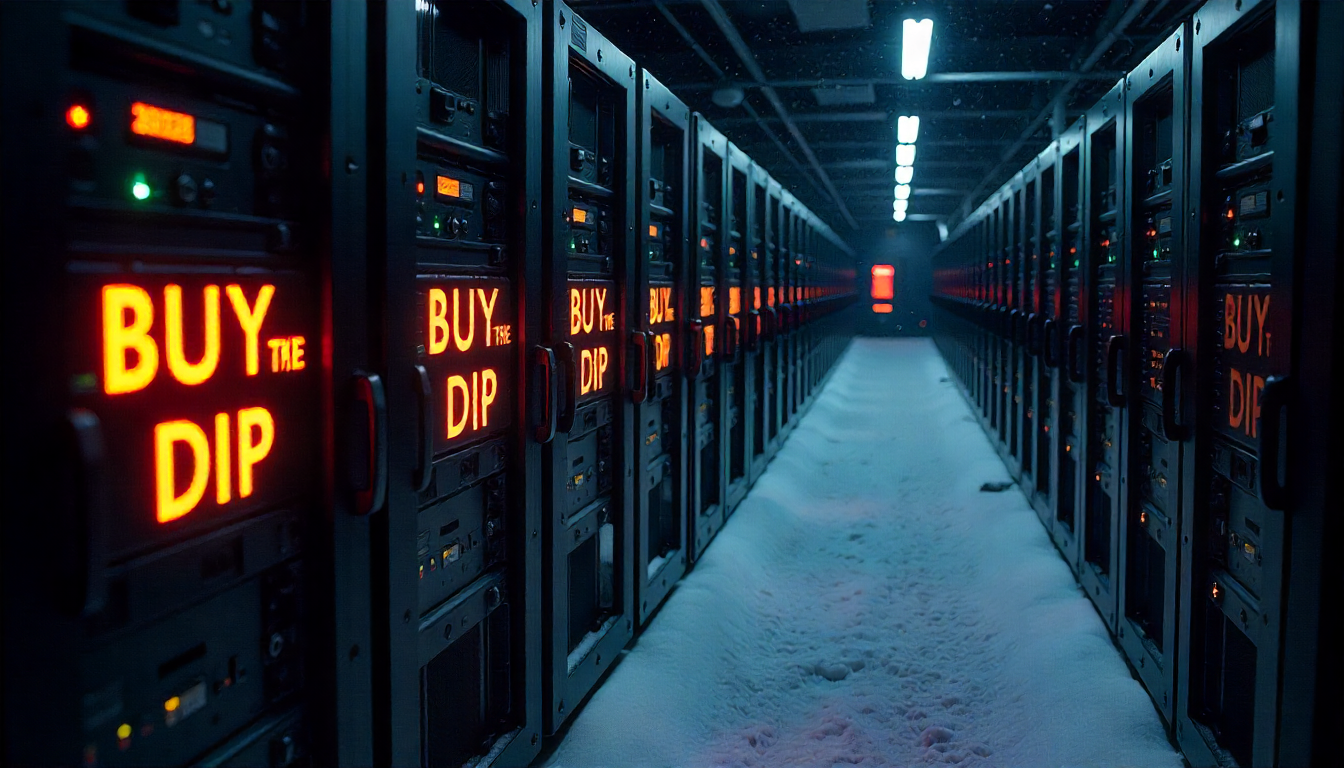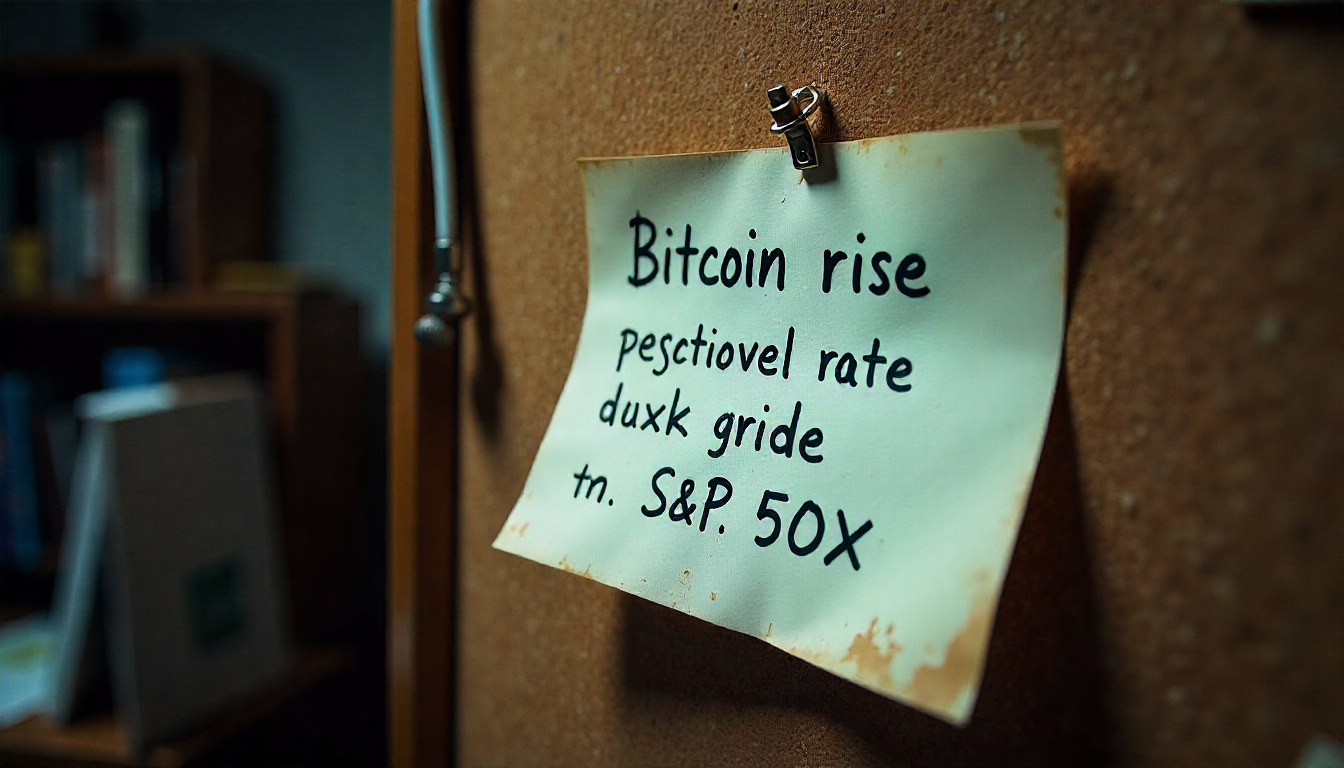Crypto Rally Sputters as Tariff Tensions Rattle Markets
The crypto market’s short-lived bounce lost steam Tuesday as renewed tariff fears weighed on both digital assets and equities. The White House confirmed it will impose a hefty 104% tariff on Chinese imports starting at midnight, sparking fresh uncertainty.
Bitcoin (BTC) briefly surged to $80,000 early in the day before sliding to $76,500 and later settling just under $78,000. At last check, BTC was down 1.2% over 24 hours, while ether (ETH) dropped nearly 4%, slipping below $1,500. The CoinDesk 20 Index — tracking top non-stablecoin, non-memecoin crypto assets — fell 2.2%.
Crypto-related stocks mirrored the downturn. Bitcoin miner Bitdeer (BTDR) plunged 8.7%, MicroStrategy (MSTR) fell 5.3%, and Coinbase (COIN) dropped 2.3%. An exception was DeFi Technologies (DEFTF), which soared 10.27%, buoyed by speculation that the Toronto-based firm may pursue a U.S. Nasdaq listing, similar to Galaxy Digital’s (GLXY) path.
U.S. stock markets also reversed sharply. The S&P 500 and Nasdaq, both up about 4% earlier, turned red by the afternoon — down 0.5% and 0.7% respectively.
The late-session selloff followed the White House’s confirmation of new tariffs aimed at Chinese imports, which accelerated the decline in the offshore yuan (CNH). The currency tumbled to 7.4 against the dollar — its weakest level in years.
Market observers speculated that Beijing may respond to the trade escalation by allowing further yuan depreciation, a move that could make Chinese exports more competitive. For bitcoin bulls, this scenario hints at capital outflows from China and potential inflows into BTC.
“If not the Fed, then the PBOC will give us the yahtzee ingredients,” wrote BitMEX founder Arthur Hayes. “It worked in 2013, 2015 — and it can work again in 2025. Ignore China at your own peril.”
Kirill Kretov, head of CoinPanel, echoed the broader market uncertainty in a Telegram message to CoinDesk. “We’re in a period of elevated risk — trade disputes, geopolitical tensions, ongoing wars, and recession fears,” he said. Kretov also warned that thin liquidity across both traditional and crypto markets could fuel further volatility.
“Until more players adapt to the current macro environment, we’re unlikely to see a decisive breakout in either direction,” he added.












